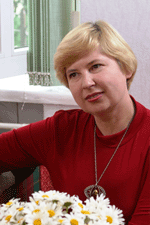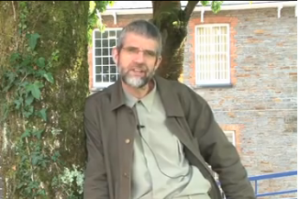Uudet kirjoitustaidot, kuten multimodaalinen kirjoittaminen, sosiaalisten ja luovien verkkotekstilajien tuottaminen, julkaisuprosessin hallinta sekä monisuorittamisen ja tietoisuustaitojen vuorottelu ovat tärkeitä uusia taitoja.
Kirjoittamusen väitöskirjaa valmisteleva Outi Kallionpää käsittelee Media&Viestintä -tutkimusjulkaisussa näiden taitojen huomioimista kouluopetuksessa. Teknisen kehityksen ja sosiaalisen median vaikutuksesta syntyneet uudet kirjoitustaidot ovat luonnollisesti tulevaisuustaitoja.
Perinteinen koululaitos on hidas omaksumaan uusia toimintamalleja, Kallionpää kysyy, pitäisikö näiden uusien sisällöntuottamistaitojen opetusta alkaa kehittää tavoitteellisesti. Tulevaisuuden yhteiskunnassa uusien kirjoitustaitojen merkitys tulee olemaan täysipainoisen sosiaalisen, kulttuurisen, yhteiskunnallisen ja taloudellisen osallistumisen mahdollistajana ilmeisen keskeinen.
Linkki koko artikkeliin Media&Viestintä 4/2014 julkaisussa.











